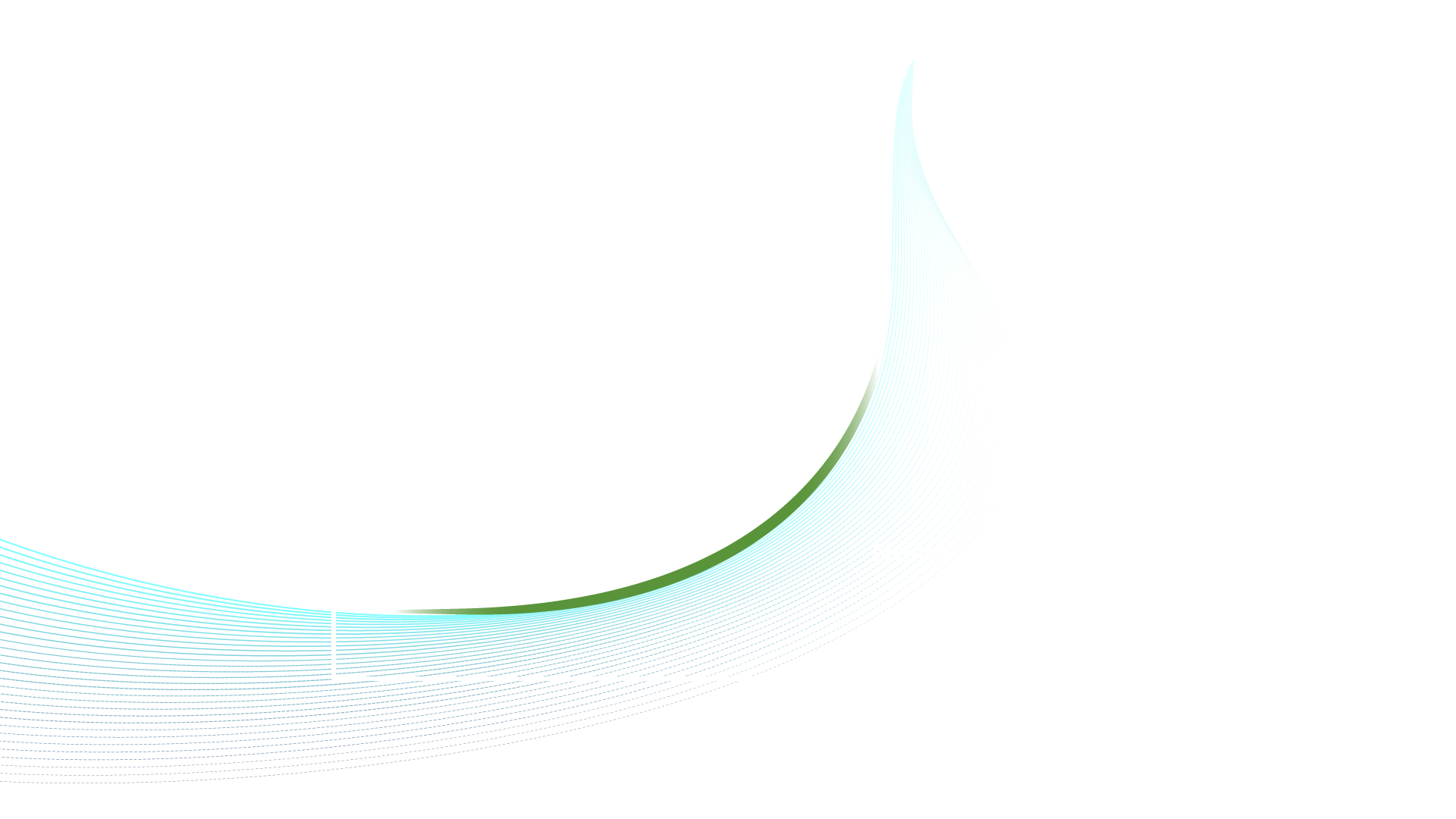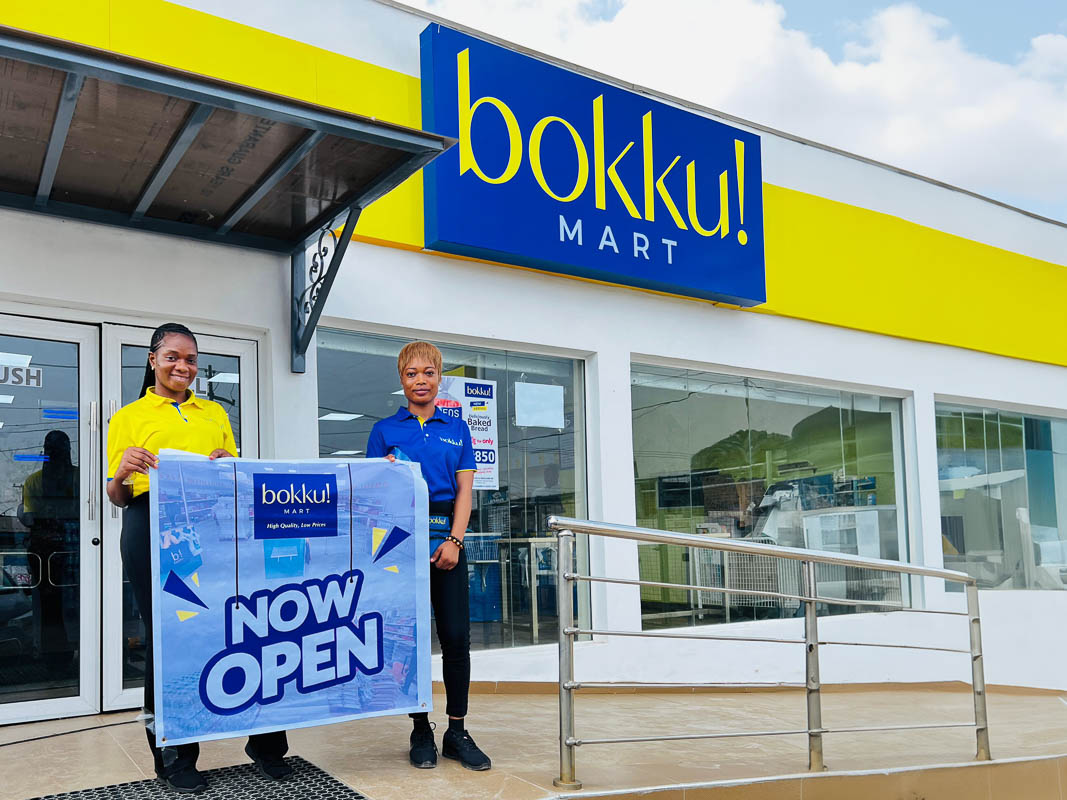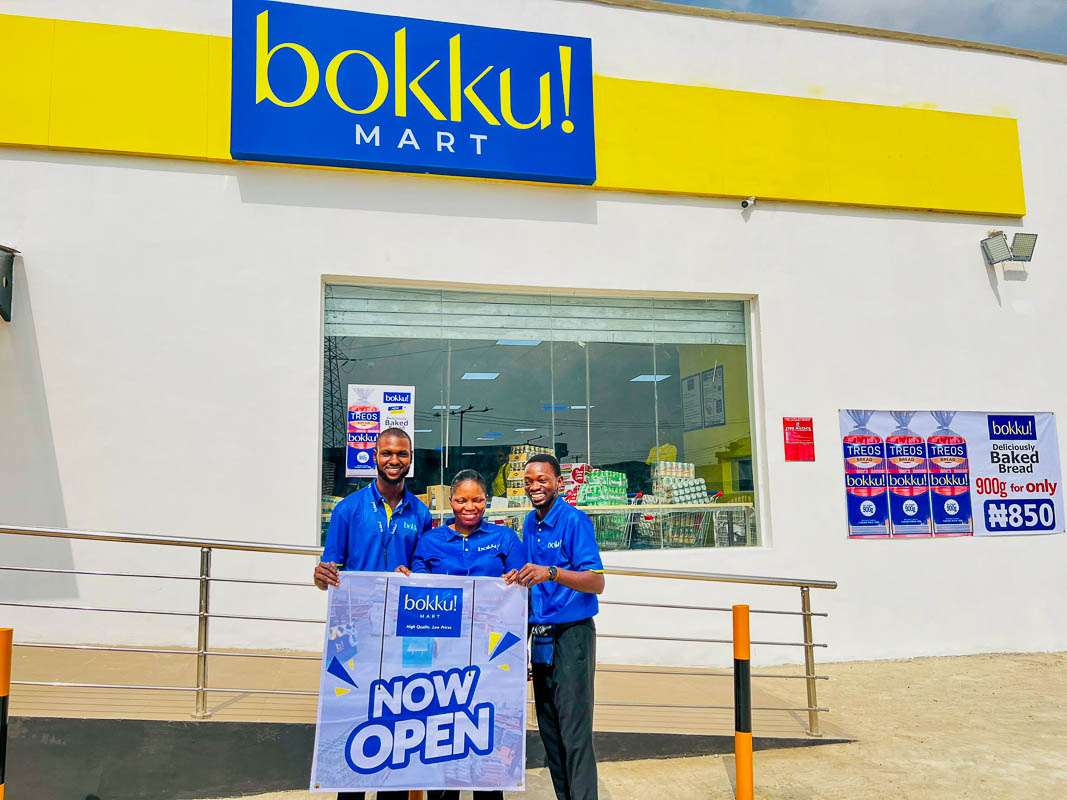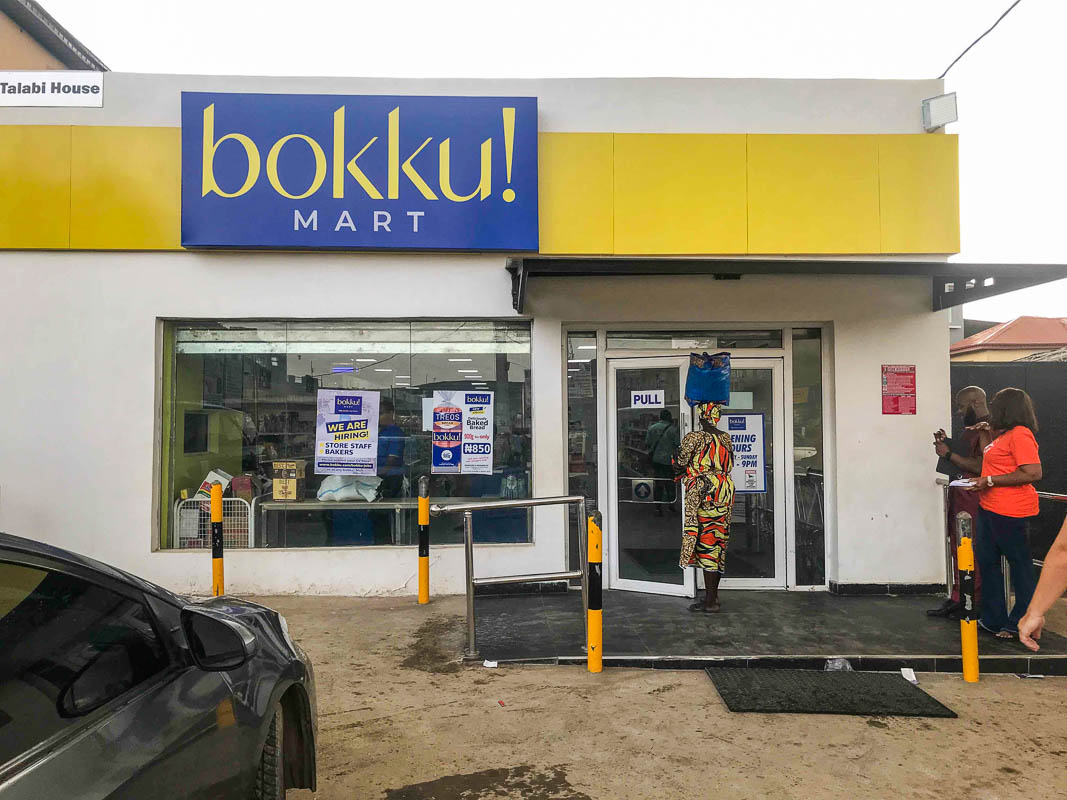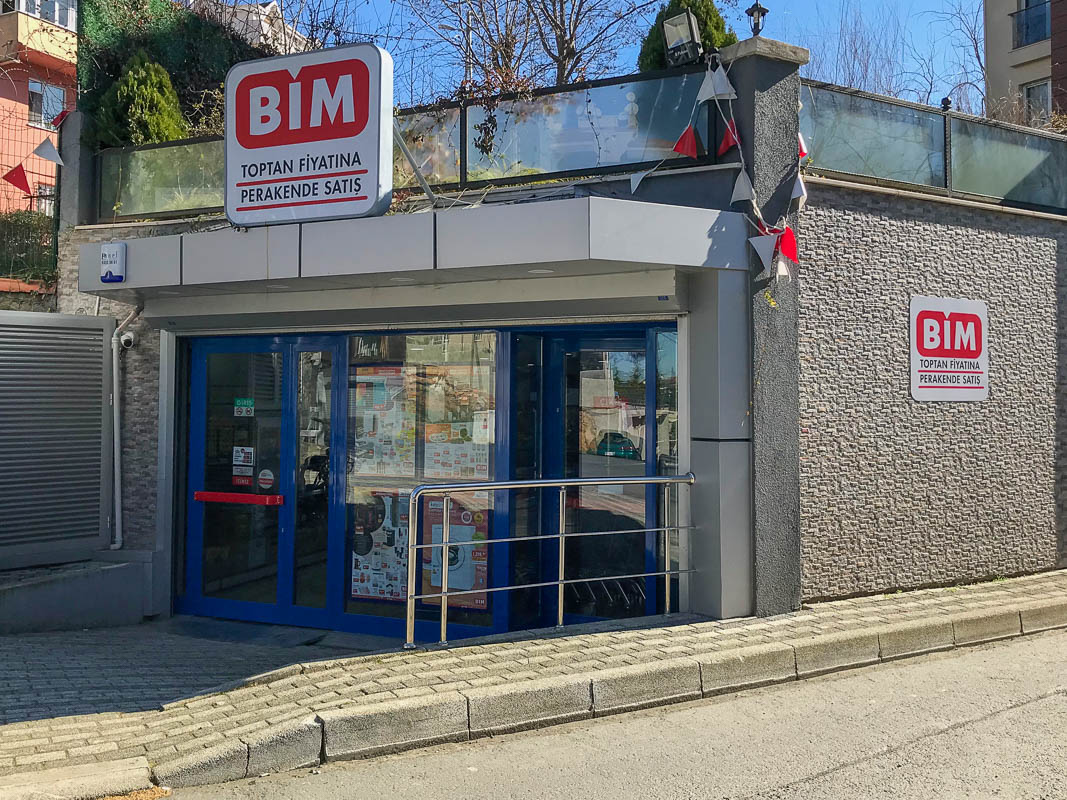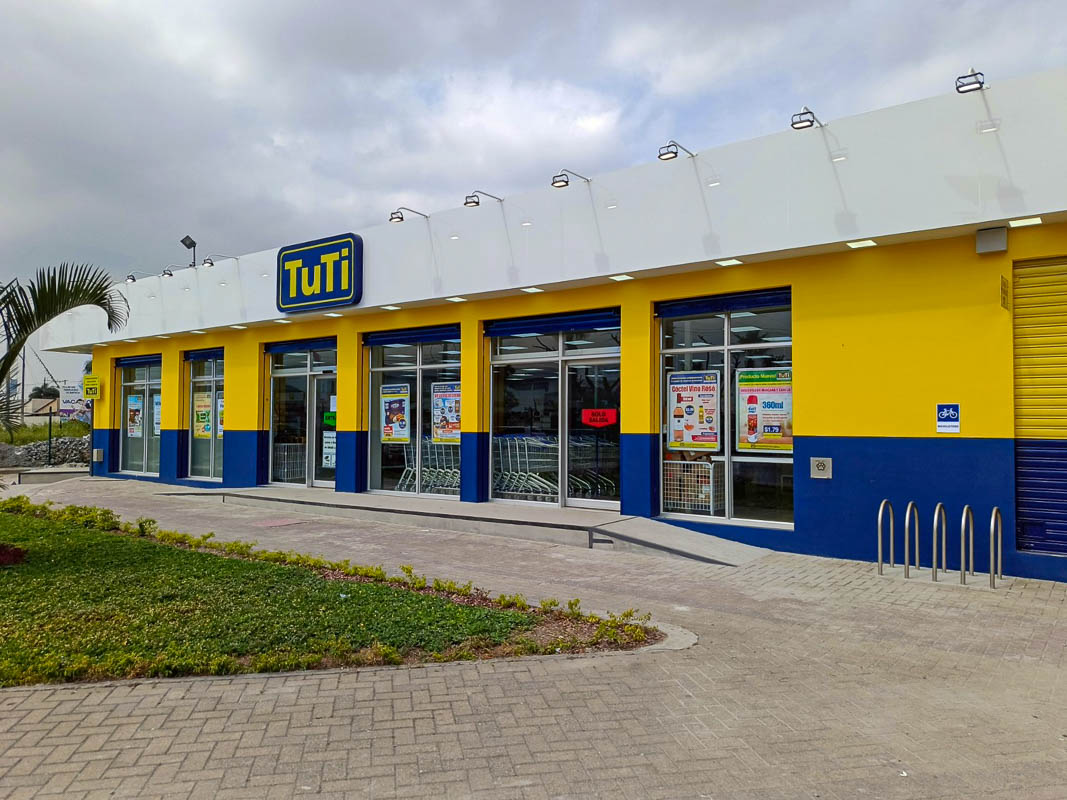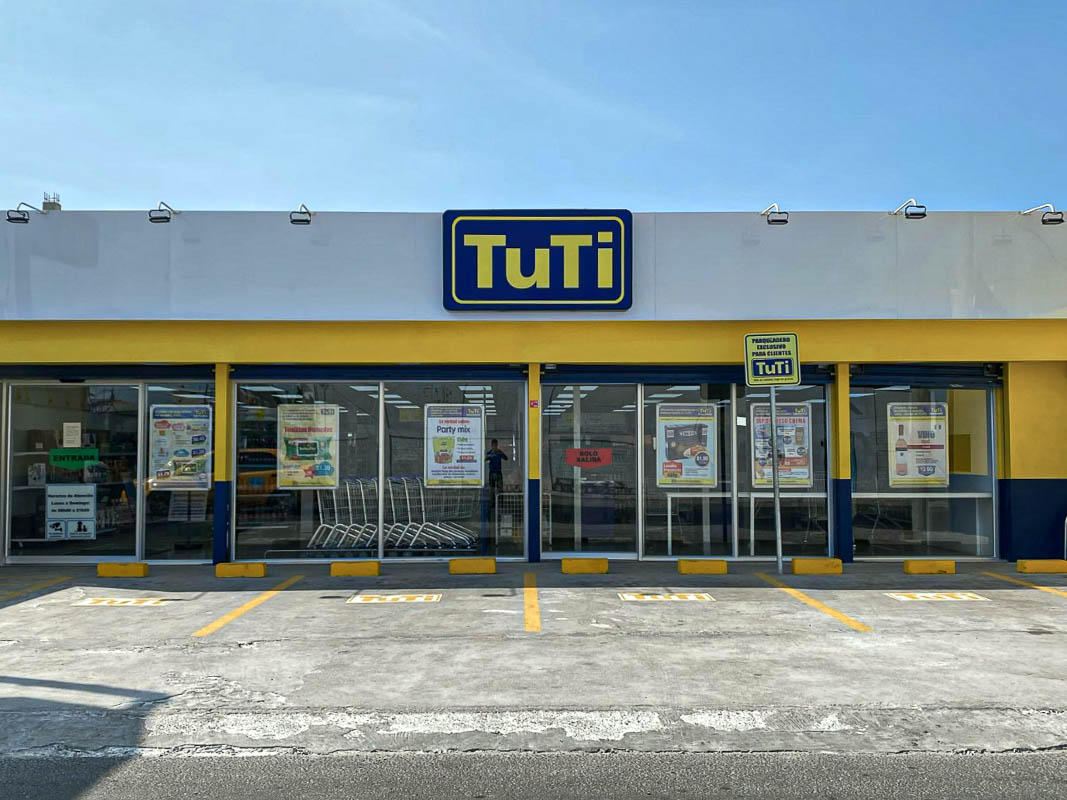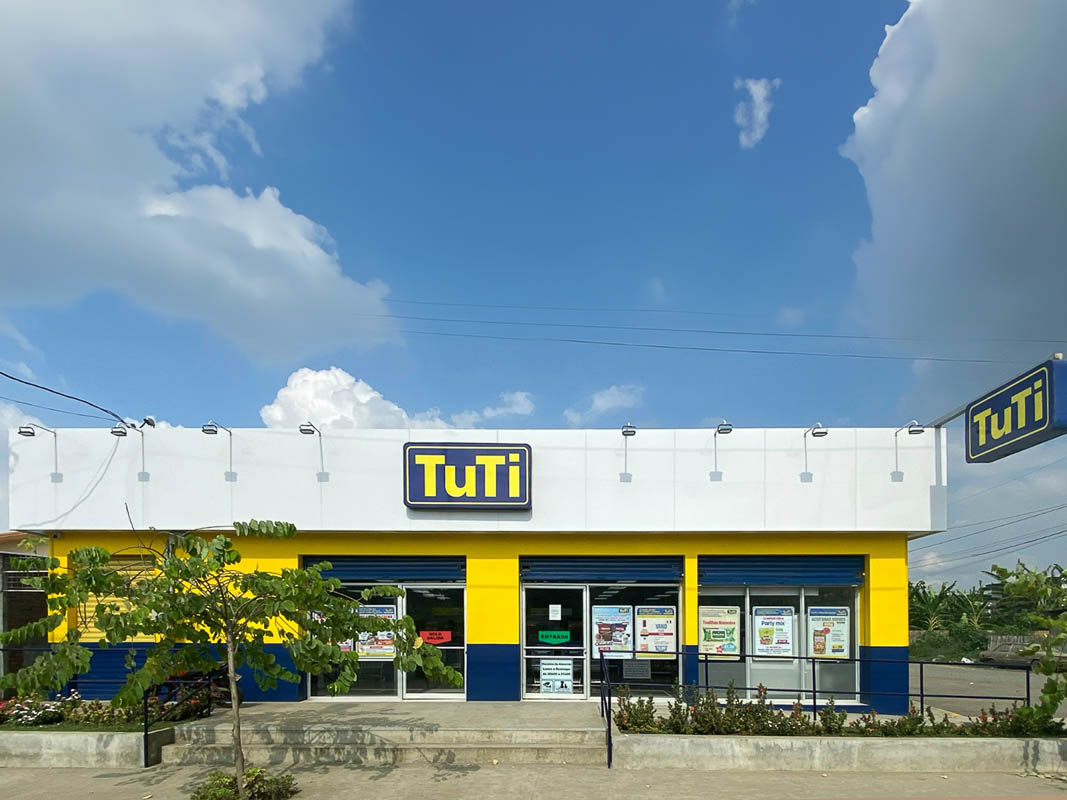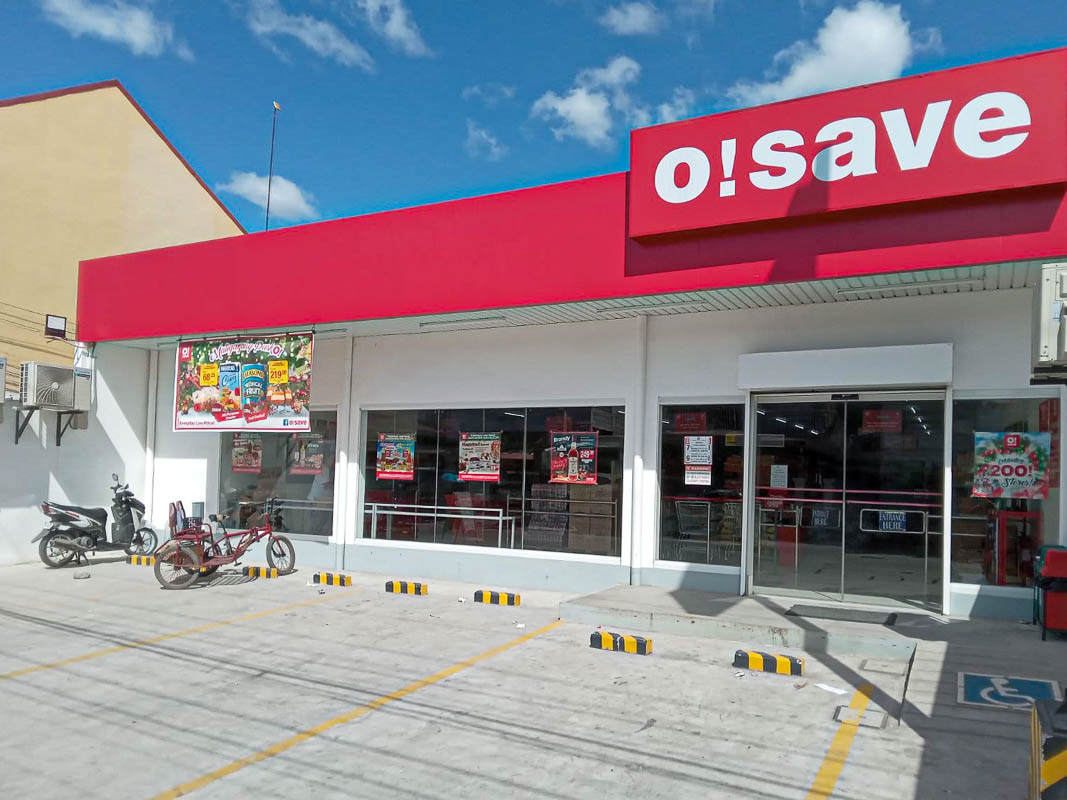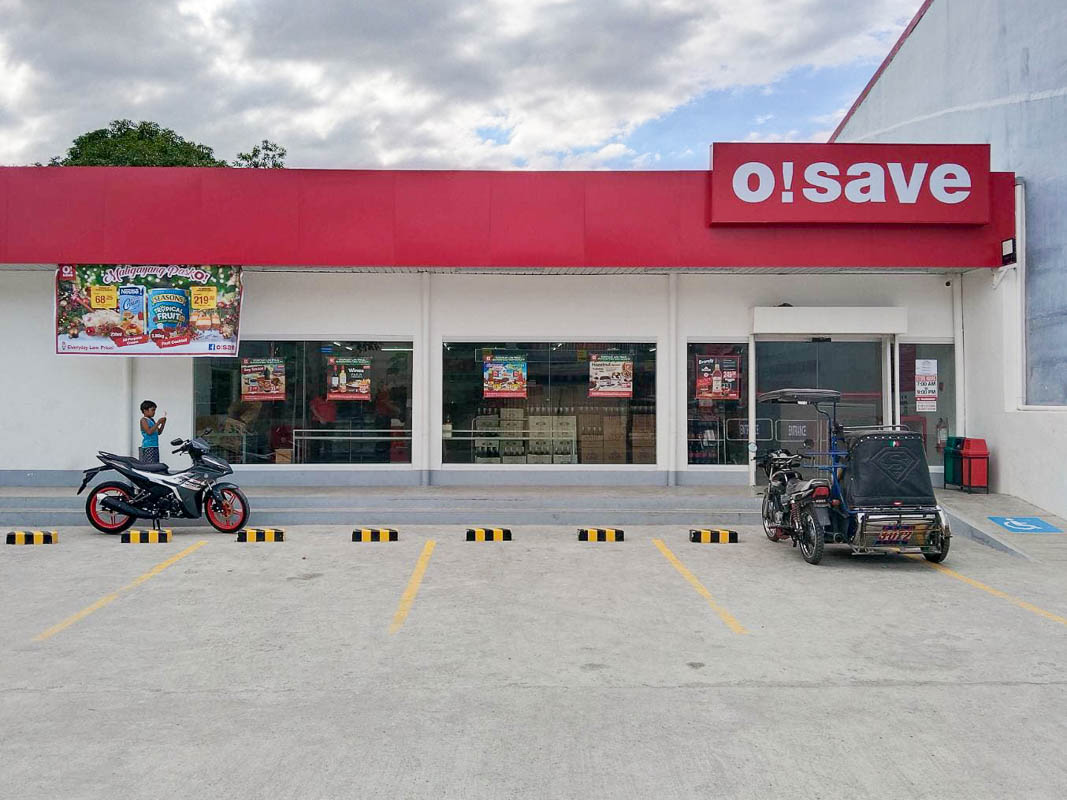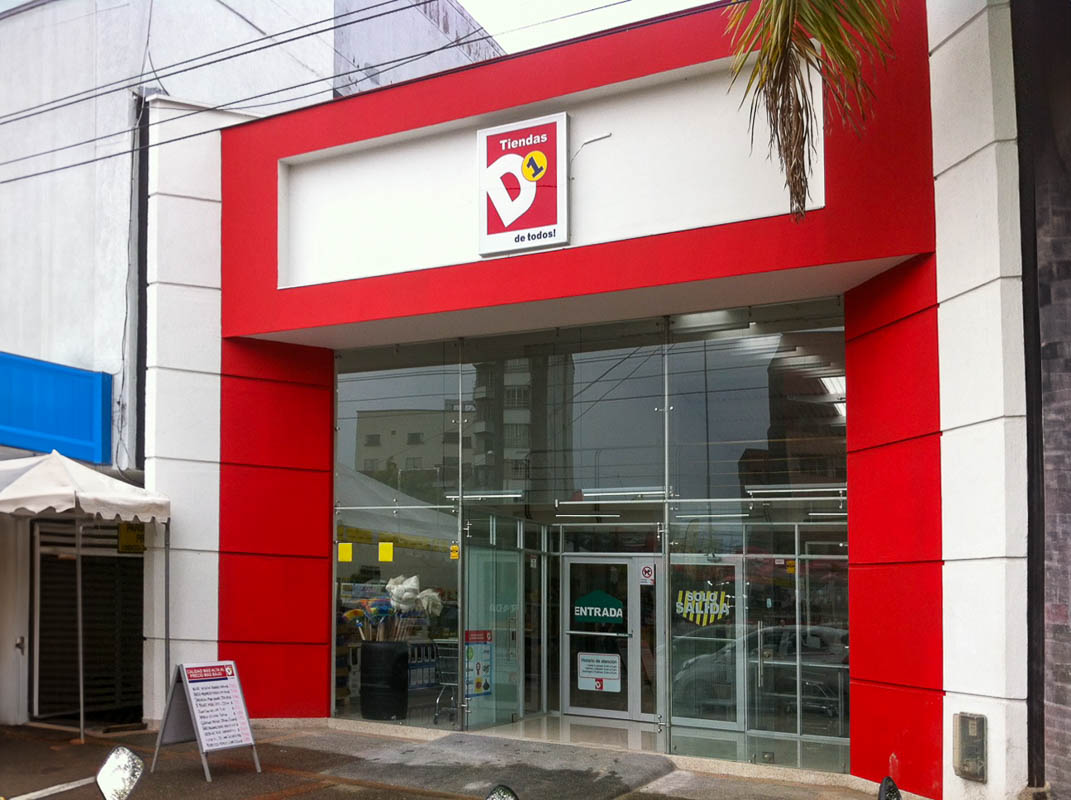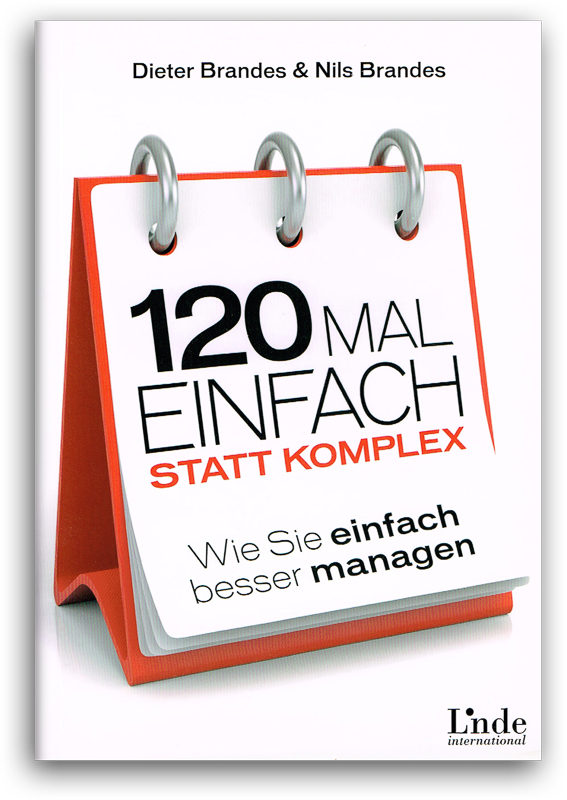Consulting Based
on the Principles
of Simplicity
“Il semble que la perfection soit atteinte non quand il n’y a plus rien à ajouter, mais quand il n’y a plus rien à retrancher.”
Antoine de Saint-Exupéry
Everywhere we see bad and complex solutions – with tremendous consequences in business, politics and society. Often we face complexity. It seems obvious: make it simple.
It is the art of less.
It is like the american Designer Milton Glaser put is:
“Less isn´t more. Just enough is more.”
And when there is less, you see more, because:
“Simplicity is the Way to the Essentials”
Everywhere we see bad and complex solutions – with tremendous consequences in business, politics and society. Often we face complexity. It seems obvious: make it simple.
We can make it simple in so many ways. But many people say it is too difficult. That is true. However, we can make it if we start step by step, every daily a little bit. Then it is possible to make it simple. Then we will have small successes. And success is the best motivation to continue.
Simplicity does not need endless analysis, long studies and hard to understand scientific expressions. Arthur Schopenhauer said: “It is a clear sign of mediocrity if many words are made only to express simple thoughts.” Simple thoughts can be expressed by using a simple language. The essential can be said by using only a few words.
Most of the old virtues and wisdoms as well as many small recipes for success are simple. When Albert Einstein was aked how he works, how he find his great thoughts, he answered: “I grope my way forward.” Unfortunately, very often simple thoughts, solutions and recipes are not considered to be valuable. Many people believe only when it is difficult and complicated it deserves to be considered excellent and of high value.
All of us want to be successful. Simplicity is a method to reach success surely. It is a safe method to achieve the following: processes, organizations, intentions and rules should first of all work properly and in the second place they should be efficient.
However, practicing the Simple Management needs old virtues: courage and trust, intuition and common sense as well as concentration and abandonment. The reward will be better results, higher productivity, more speed and safety – and all of this will be achieved with placidity.
Over-Complexity appears by centralization, big researching, large assortments, massive offerings of components, variations and alternatives and also high cost. Avoiding complexity is possible almost everywhere and more than necessary in order to manage systems we created. Reduction and eventually managing of complexity is a major task of today´s management in terms of our everyday lives, in companies, in politics, in any social institution as well as in our private lives.
Not many have become famous for the simple way of management. Anyhow, they belong to the most successful ones in today´s business: ALDI is clearly the role model for simplictiy, but also General Electric, Southwest Airlines, and IKEA have developed their methods of managing complexity. In some respect they have changed the rules of their industries.
In the book “Bare Essentials. The ALDI Way to Retail Success” there is one important comparison which says that ALDI is more similar to Toyota than to its german competitor Tengelmann. The reason for this statement is that corporate cultures of ALDI and Toyota are similar as well as the way people work and come to solutions and decisions. Corporate cultures define a company much more than the dynamics of a specific industry they are in by definition. Both, ALDI and Toyota, understand so well the principles of Simple Management.
Despite the good examples, for many people it remains incredibly difficult to follow the principles of Simple Management. Although interested, people do not believe that the simple way can be really that simple. For decades, ALDI´s competitors in Germany could not understand how simple ALDI was managed. They did not believe that it was really possible to work without staff departments, without all those sophisticated methods, without Controlling departments, without budgets, yearly plans, without market research and large Informationssystems. How is it possible to run a multi-billion dollar business without all those things taken for granted and necessary in well known corporations?
“Simplicity is a virtue. Simplicity gives strength.”
Ingvar Kamprad, IKEA
Consulting Based on the Principles of Simplicity
Everything becomes more and more complex: in companies as well as in public institutions and other organization. In addition we often find disappointing revenues, performances and high cost. Management is getting more and more difficult.
The question is: how do we successfully approach these problems and how do we manage complexity. How do we improve? How can we be successful? ALDI is the prototype for Management based on the principles of simplicity. Everyone can learn and be inspired from their methods. Their way of working is totally different from what almost all companies are used to. No matter if they are retailers or from other industries.
Our philosophy:
– Concentration on what is essential – what is the reason and goal of our activities? How to avoid complexity? How to reduce complexity? And eventually: How to manage the remaining complexity?
– Back to virtues: trust, credibility, experience, intuition, abandonment, creativity, common sense, as well as discipline and control.
Our consulting:
1. Implementation of Hard Discount Concepts in any country of the world. The role models are ALDI and BIM.
2. Companies from any industries can seek for consulting in the areas of strategy and organization. How do we concentrate on the essentials? How do we avoid, reduce and manage complexity? How do we follow the principles of Simplicity in order to make our processes, organizations, goals and rules work reliable and efficient.
“Simplicity – it is about the Essentials”
The Institute for Simplicity is the leading consulting firm for the implementation and development of hard discount companies in the grocery industry. We provide long-term advice to investors and management, from conception to introduction and expansion up to thousands of stores. We have built successful discount stores in Turkey, Colombia, Ecuador and other countries. Today, all are market leaders in their countries.
The company’s founders are Dieter Brandes, long-time Managing Director and board member at ALDI-Nord, and his son Nils Brandes. The two founders have published several books on the subject of discount and ALDI as well as on the management of complexity and simplicity.
In addition to the principles of hard discount, the timeless management teachings of Peter Drucker and Fredmund Malik, for example, are at the core of the consulting business. Central topics are the delegation of responsibility, decentralization and concentration on the essentials.


